How To Use Equity in Your Home: The Best (and Worst) Ways
One perk of homeownership is when your home’s value rises because of market factors, so you to gain equity without much effort. Due to rising home prices, U.S. homeowners saw an average $28,000 gain in home equity between March 31, 2023, and March 31, 2024.
But just because you have equity doesn’t mean you know what to do with it. We’ll cover the smartest ways you can use your home equity, as well as the financial moves you should avoid.
How to use home equity: Your loan options
A cash-out refinance may be the most familiar way to convert some of your home equity into cash. A cash-out refinance allows you to replace your existing mortgage with a home loan for more than what you owe. You pocket the cash difference between the two loans.
A home equity loan, which is disbursed to you in a lump sum. The loan is repaid in monthly installments over a set term of five to 30 years (similar to your mortgage). Home equity loan rates are typically fixed.
A home equity line of credit (HELOC), which is a revolving credit line that works like a credit card. You only pay back what you spend, plus interest, and your credit line can be reused as long as you have access to it. HELOC rates are usually variable, but fixed-rate HELOCs may be an option.
Unsure which option is best for you? Read our comparison of cash-out refinances vs. home equity loans. vs HELOCs.
Home equity is the difference between how much your home is worth and how much you owe on your mortgage.
As you make mortgage payments, your mortgage’s principal balance goes down and you build home equity.
- If your mortgage balance is lower than your home’s value, you have positive equity that can be converted into cash.
- When your mortgage balance is higher than your home’s value, you have negative equity — this is often called being “underwater” on your loan.
The 6 best ways to use home equity
These six options are the best ways to reinvest your home equity to benefit you:
Home improvements
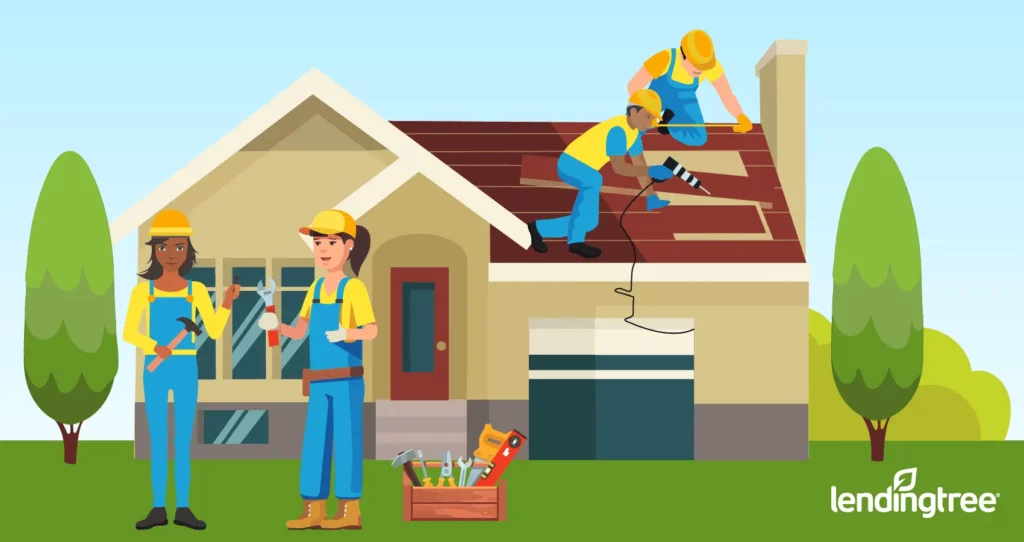
It can be a smart move to leverage real estate equity to cover your next home improvement project, though not all improvements offer the return on investment you may be looking for.
Don’t have much home equity? Read about getting a home improvement loan with no equity.
For example:
Replacing a garage door can give you a 194% return on your investment, according to Remodeling Magazine’s 2024 Cost vs. Value Report. Meanwhile, you may recoup 74% of the cost of a typical midrange bathroom remodel, but gain only about 35% of the cost of a bathroom addition.
Of course, there are times when home improvements have to be done, regardless of whether you can earn back what you invested in doing them. If you desperately need a new roof to avoid leaks and other damage to your home, for example, that would be a smart way to use home equity, no matter how it may impact your home’s value.
More perks:
Another benefit to leveraging your equity to pay for home improvements is that you may be able to deduct mortgage interest paid on a home equity loan, HELOC or cash-out refinance at tax time. You’ll lose that perk if you tap equity for other reasons.
Real estate investing
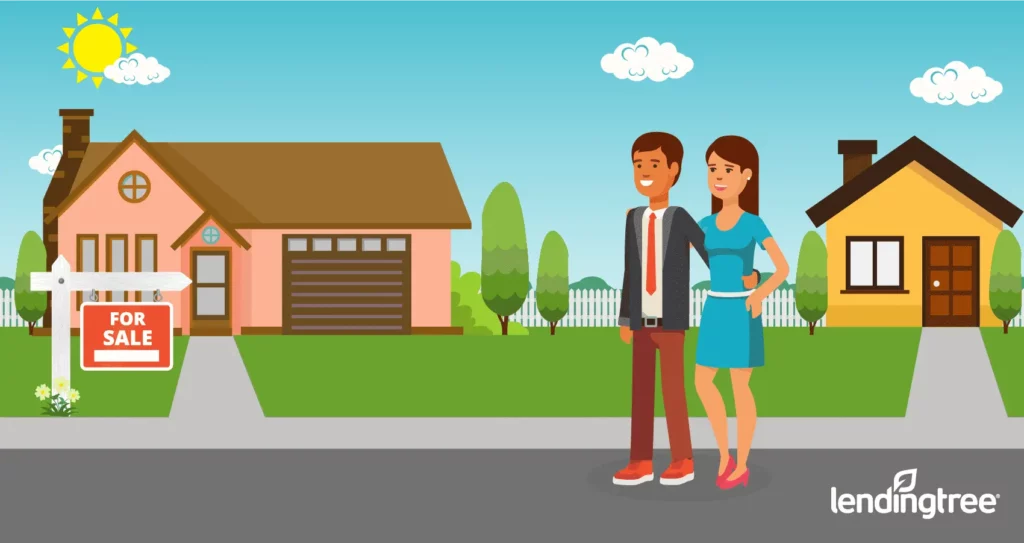
You could also use your equity to jump into real estate investing. Let’s say you’re interested in getting an investment property loan to buy a rental property.
Looking to enter the short-term rental market? Read about financing an Airbnb rental property.
One of the key requirements is a minimum 15% to 20% rental property down payment. That large amount of cash can be tough to come up with, but it’s a far lower barrier if you can convert some of your home equity to cash.
For example:
You could take out a home equity loan or HELOC against your main home. Ideally, the rental property would provide enough income to cover its own monthly mortgage payments plus maintenance, repairs and the home equity loan or HELOC payments.
More perks:
Once you’ve built up significant equity in your first investment property, you can rinse and repeat the process by leveraging equity in that property to invest in more real estate. Real estate investing can really beef up your ability to build passive income and long-term wealth.
Learn more about investment property mortgage rates to get started.
Higher education expenses

The national student debt load is about $1.6 trillion, according to data from the Federal Reserve Bank of New York, and the average debt balance for federal and private student loans is around $40,000. That’s a ton of money for almost anyone, but homeowners with college-aged kids may have a distinct advantage: They can leverage their home equity to help fund higher education expenses.
Read more about benefits of being a homeowner.
More perks:
You could help your child reach educational goals, which, in turn, can lead to an increase in their future earnings. You could also improve their quality of life, since it can be hard to pay for a down payment, build an emergency fund and access future loans, including getting a mortgage, with student loan debt.
Medical expenses
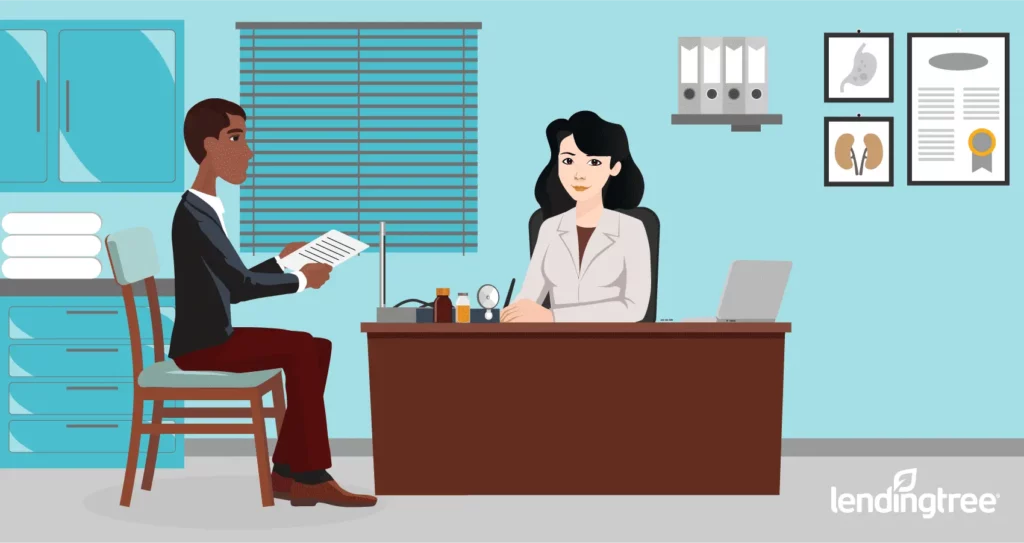
If you’re struggling to pay medical bills, home equity can provide relief by helping to erase medical debt. You can escape constant calls from debt collectors and work on improving your credit score.
Don’t know your credit score? Get your free score on LendingTree Spring today.
More perks:
Medical debt can be especially crushing if you’ve had to resort to high-interest credit cards to cover those bills. But if you rely on your home equity instead, you’re almost certainly going to secure a lower interest rate and monthly payment in the process.
See today’s home equity loan rates and start comparing lenders.
Debt consolidation
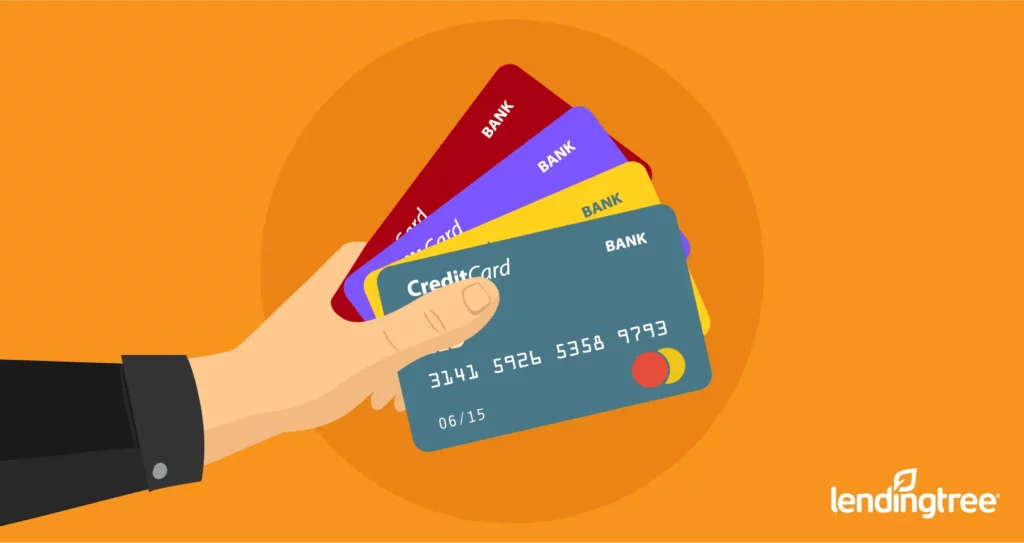
Depending on how much debt you have, it might be beneficial for you to use your home equity for debt consolidation.
Try using a debt consolidation calculator to estimate your savings by combining debt.
For example:
Let’s say you have under $25,000 in credit card debt at the current national average interest rate of 24.84%. Currently, you can get a home equity loan to cover that debt with an interest rate around 8.80%. Or, if you’d prefer a HELOC, you’ll likely see a rate closer to 10.02%. Either way, you can enjoy huge interest savings by using your home equity to consolidate that debt.
What to watch out for:
Leveraging equity in this way is only a smart move if you refrain from racking up more debt after it’s paid off — otherwise, you’re just replacing your current debt, which isn’t tied to any collateral, with new debt that’s tied to your home.
Not sure about using your home as collateral? Look into a debt consolidation loan as an alternative option.
Refinance
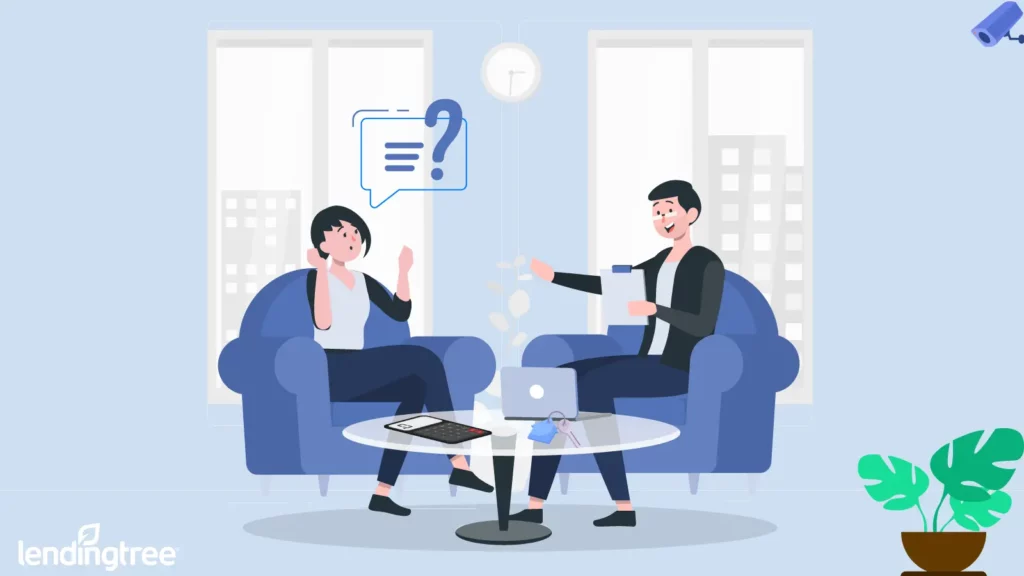
It may sound less attractive than other home equity products, but a simple mortgage refinance can achieve a lot. Most refinances will get you into a new loan with a better interest rate and/or lower payments than you had with your purchase mortgage. That alone can free up some room in your budget to help cover other expenses or financial goals.
However, to truly make the most of your equity, you can choose a cash-out refinance, which will provide you with a lump sum of cash.
More perks:
If you’ve reached at least 20% home equity, a refinance is a great way to get rid of private mortgage insurance (PMI) payments.
Think a refinance is right for you?
The 3 worst ways to use home equity
Borrowing against your equity means tying new debt to your house — so it always involves exposing yourself to additional foreclosure risk. You should avoid tapping your home equity for any of the following reasons:
- Splurging on vacations. Sure, exploring Tahiti in French Polynesia sounds like an unforgettable experience, but it’s not wise to finance nonessential travel with home equity. Unless you truly think a trip is worth losing your home over, it just doesn’t make sense to trade one week of rest and relaxation for a second mortgage.
- Covering everyday expenses. If you’re finding it difficult to manage your monthly bills already, taking on more debt just creates a larger problem. Instead, contact your lender to request a mortgage forbearance or a loan modification. Lenders understand that you need help when facing a temporary hardship and will work with you to avoid falling behind on your mortgage payments.
- Buying depreciating assets. Think twice about using your home equity to buy a brand-new car or furniture. These items depreciate in value over time, and you can’t truly enjoy either if you lose your home.
Compare Home Equity Offers
